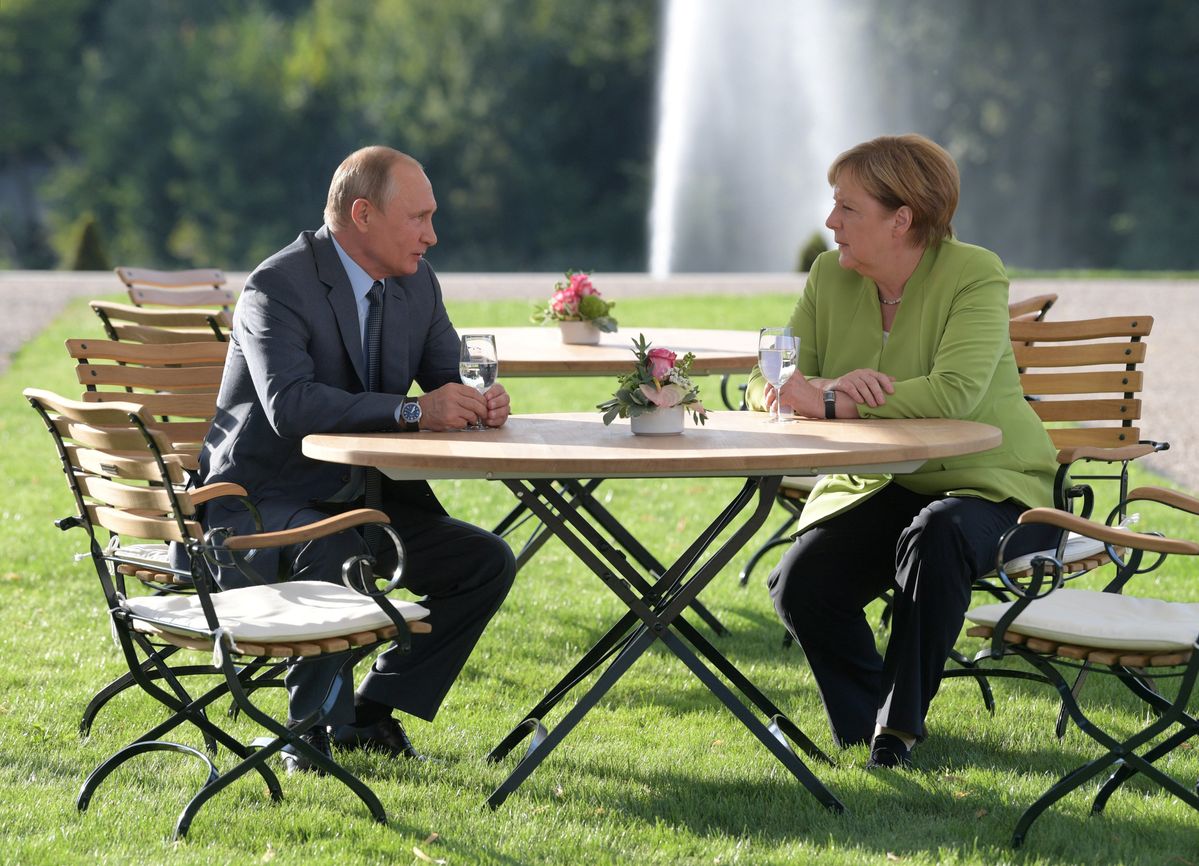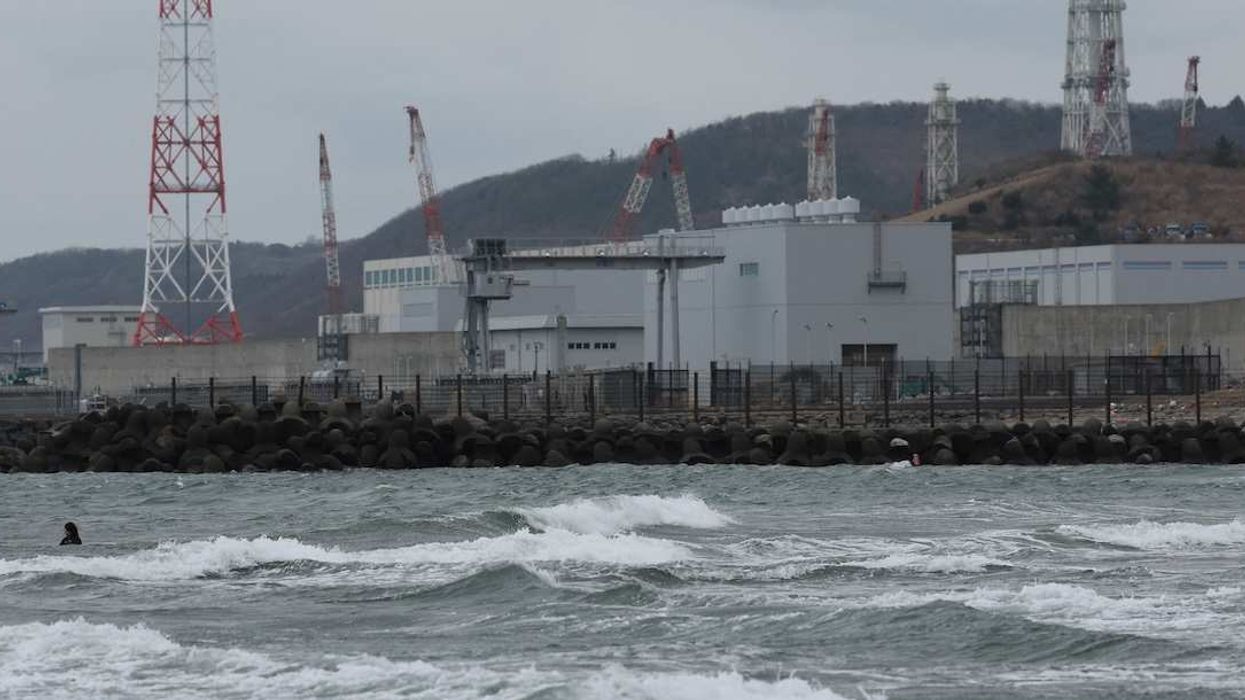The Trump administration’s transactional, shoot-from-the-hip foreign policy has put many of America’s allies on edge and forced them to reconsider long-held assumptions about who they call friend and foe. In Europe, it’s encouraging Germany to diversify its foreign policy relationships and act more boldly on the global stage.
Consider the latest developments:
- Last weekend, Vladimir Putin arrived in Berlin for his first visit to Germany since Russia’s 2014 annexation of Crimea. Putin and Chancellor Merkel discussed Syria, Ukraine, and the controversial Nord Stream 2 gas pipeline.
- Turkey’s President Recep Tayyip Erdogan – who not long ago accused the German government of “Nazi practices” – has been invited for an official state visit in the fall. Merkel has expressed an eagerness to help Turkey, which is highly reliant on Germany economically, as it contends with mounting domestic economic trouble.
- Berlin has also been actively making overtures to Beijing in an effort to shore up the support of its largest trading partner.
But this pragmatic approach to foreign policy has its limits. Berlin’s new single-issue “friends” – Russia on energy, Turkey as a hub for Syrian migrants, China with its massive domestic market – are hardly a substitute for a wayward United States. Germany wants to become less reliant on Russian gas, not more. And while Merkel favors continued trade with China, her government has also enacted restrictions on foreign investment aimed at addressing concerns about China’s growing influence over German businesses. Who knows how long Erdogan will play nice.
For countries in a deeply interconnected world, it’s always good to have a wide assortment of friends. But relationships sustained by interests as opposed to values can fall apart quickly. Interests can change overnight; values tend to be more durable. So while Germany and others eagerly seek out new partners, they will struggle to permanently fill the void left by the US.



















